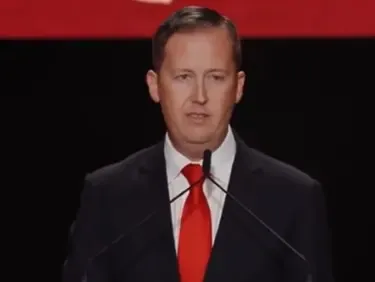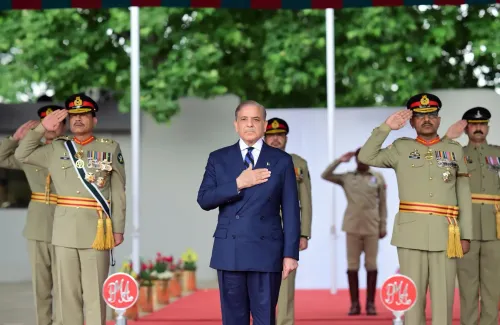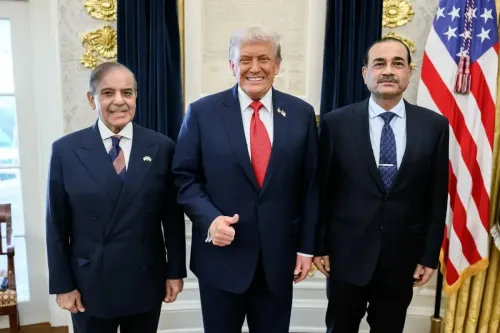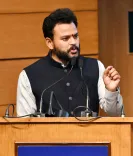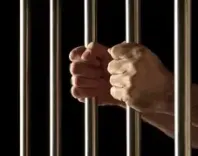Massive Protests Erupt Across South Korea Regarding Yoon's Impeachment
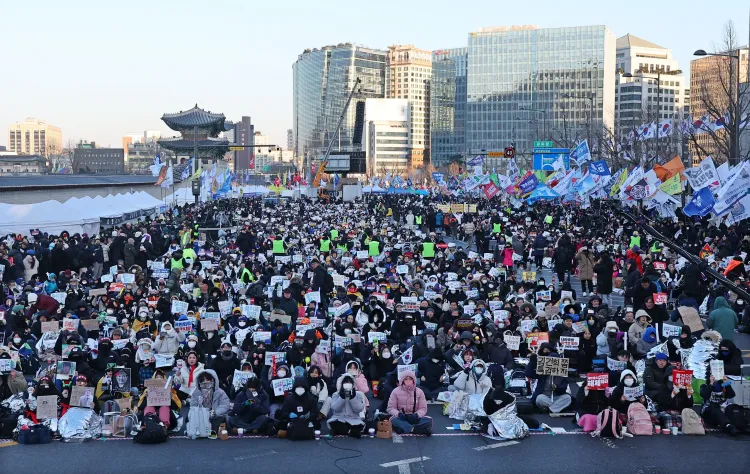
Synopsis
Key Takeaways
- Protests across South Korea reflect political division.
- Some citizens demand Yoon's immediate resignation.
- Others oppose his removal, showing support for his reinstatement.
- Protests occurred in major cities, including Seoul and Gwangju.
- Significant attendance estimates highlight public engagement.
Seoul, Feb 8 (NationPress) In a striking display of political division, South Korean protesters from both ends of the political spectrum braved the cold to participate in large-scale rallies nationwide on Saturday. One faction demanded the immediate resignation of impeached President Yoon Suk Yeol, while the opposing group rallied against his ouster.
Led by conservative activist pastor Jeon Kwang-hoon, demonstrators gathered in the Gwanghwamun district of central Seoul, calling for Yoon's release from detention on insurrection charges tied to his brief declaration of martial law on December 3. Protesters held signs asserting that Yoon's impeachment should be declared void.
Organizers claimed that approximately 3 million people participated in the rallies, contrasting sharply with the police's estimated count of 35,000.
During the gathering, Yoon Sang-hyun, a lawmaker with the ruling People Power Party (PPP), inspired the crowd by urging them not to lose hope for a day when Yoon would be reinstated.
In a separate demonstration near Gyeongbokgung Station, also close to Gwanghwamun, around 5,000 individuals voiced demands for Yoon's swift ouster and called for the Constitutional Court to expedite its ruling on his impeachment, as reported by Yonhap news agency.
Further east, near Anguk Station and closer to the Constitutional Court, an estimated 10,000 people filled the streets.
Similar demonstrations unfolded in various cities, including the liberal stronghold of Gwangju, located about 270 kilometers south of Seoul, and the conservative city of Daegu, situated 235 kilometers southeast of the capital.
In Gwangju, a significant pro-Yoon, anti-impeachment rally occurred for the first time since the martial law incident in December. This gathering, organized by a conservative YouTuber, attracted protesters who had journeyed from Seoul.
The Gwangju metropolitan government had previously denied the YouTuber's request to gather at the square commemorating the May 18, 1980 democratic uprising.
Consequently, hundreds of protesters demanding Yoon's immediate ouster took over the square during their weekly assembly.
The Gwangju Council of Citizen's Movement, a group organizing the Saturday rallies since December, expressed their indignation towards the attempts of some ultrarightists to rationalize the unlawful declaration of martial law in Gwangju, which they consider a sacred ground for democracy.
In Daegu, a large rally opposing Yoon's impeachment was graced by a few PPP lawmakers and North Gyeongsang Governor Lee Cheol-woo during the early afternoon.
Later, hundreds of civic and labor group members convened in central Daegu to express their support for Yoon's impeachment.


